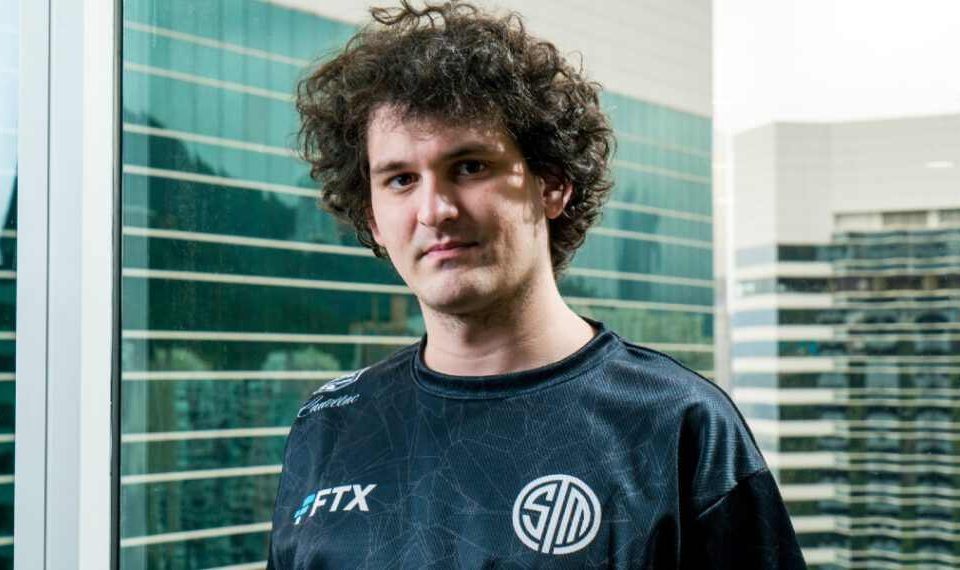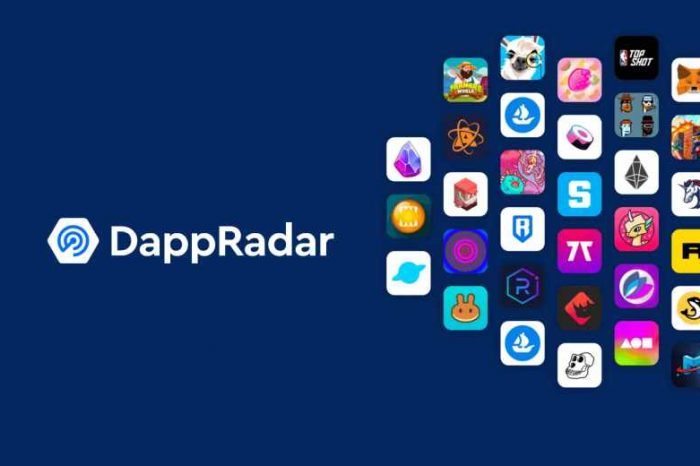FTX buys crypto lender BlockFi for $25 million, a 99% discount from its $4.8 billion valuation in July 2021

Crypto exchange FTX has bought the embattled crypto lender BlockFi for $25 million in a fire sale, CNBC reported, citing sources familiar with the transaction. The acquisition price is a 99% discount from BlockFi’s $4.8 billion Series E valuation in July 2021, according to PitchBook.
The announcement comes just three days after we reported that FTX was in talks to acquire a stake in crypto lender BlockFi as the crisis with the beleaguered startup deepens.
The source, who asked not to be named because the deal discussions were confidential, told CNBC that the term sheet is almost over the finish line and expected to be signed by the end of the week. FTX will pay roughly $25 million — 99% below BlockFi’s last private valuation. BlockFi was last valued at $4.8 billion. FTX spokesperson said the company “would not be commenting on the matter.” BlockFi did not immediately respond to a request for comment.
BlockFi found itself in deep financial trouble following reports of multiple complaints that customers could not withdraw their funds due to the company’s exposure to Three Arrows Capital. Last week. the crypto lender received a $250 million credit line from crypto exchange FTX as part of the efforts to keep its operations going.
Founded in 2017 by Zac Prince and Flori Marquez, the Jersey City, New Jersey-based BlockFi is a provider of cryptocurrency-focused financial products, including zero-fee trading and interest-bearing accounts. The company started lending in January 2018, the company offers the ability to leverage Bitcoin and Ether to obtain USD loans.
BlockFi operates in over 44 U.S. states and is backed by leading investors including Galaxy Digital Ventures LLC, ConsenSys Ventures, and SoFi. BlockFi is a secured non-bank lender that offers USD loans to crypto-asset owners who collateralize the loan with their crypto-assets. Our products bring additional liquidity to the blockchain asset sector and meet the needs of both individuals and institutions holding blockchain assets.

